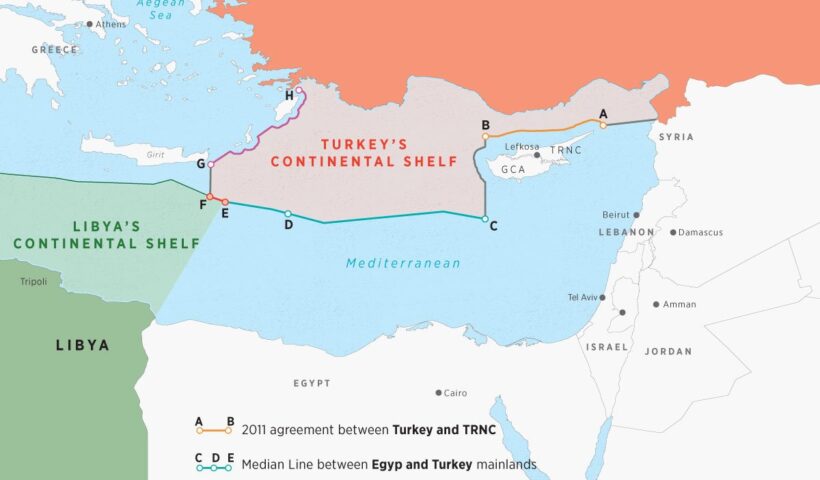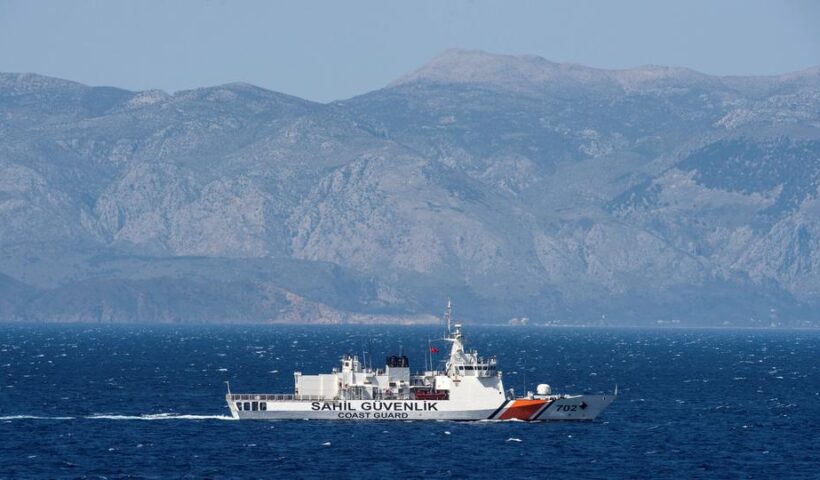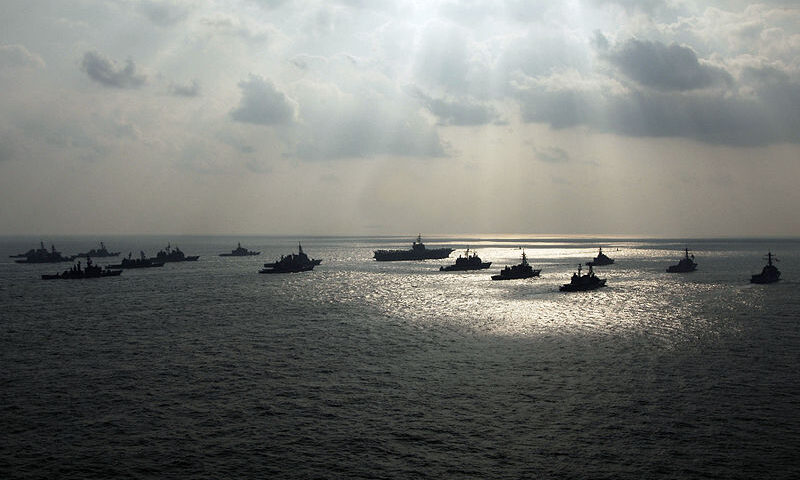Can a Third State Conduct Marine Scientific Research in a Disputed Area Without Consent from Any of Two Coastal States?, coastal States, marine scientific research by a third State, Third State Conduct Marine Scientific Research in a Disputed Area
View More Can a Third State Conduct Marine Scientific Research in a Disputed Area Without Consent from Any of Two Coastal States?Tag: coastal States
The Rights of the Coastal State Concerning Innocent Passage (treaties and customary international law)
The Rights of the Coastal State Concerning Innocent Passage (treaties and customary international law), 22 and 25 of the LOSC, Article 28 of the LOSC, Articles 21, coastal State, coastal States, flag State, illicit traffic in narcotic drugs, immigration or sanitary laws, Innocent Passage, maritime traffic, navigational aids and facilities, prevention of infringement of the customs, protection of cables and pipelines, territorial sea
View More The Rights of the Coastal State Concerning Innocent Passage (treaties and customary international law)what is “The Right of Innocent Passage” in law of the sea and customary international law
The right of innocent passage through the territorial sea is based on the freedom of navigation as an essential means to accomplish freedom of trade. In his book published in 1758, Emer de Vattel had already accepted the existence of such a right. Subsequently, in the Twee Gebroeders case of 1801, Lord Stowell ruled that: ‘[T]he act of inoffensively passing over such portions of water, without any violence committed there, is not considered as any violation of territory belonging to a neutral state – permission is not usually required.’ It may be considered that the right of innocent passage became established in the middle of the nineteenth century. In this regard, the Report Adopted by the Committee on 10 April 1930 at the Hague Conference for the Codification of International Law clearly stated:
This sovereignty [over the territorial sea] is, however, limited by conditions established by international law; indeed, it is precisely because the freedom of navigation is of such great importance to all States that the right of innocent passage through the territorial sea has been generally recognised. what is “The Right of Innocent Passage” in law of the sea and customary international law, 1972 Convention on the International Regulations for Preventing Collisions at Sea, Article 17 of the LOSC, Article 19(2) of the LOSC, coastal State, coastal States, fishing activities, Innocent Passage, landing or taking on board of any aircraft, Lord Stowell, serious pollution, spying, territorial sea, The Right of Innocent Passage, Twee Gebroeders case, underwater vehicles
Principle of Sovereignty on the law of the sea
In contrast to the principle of freedom, the principle of sovereignty seeks to safeguard the interests of coastal States. This principle essentially promotes the extension of national jurisdiction into offshore spaces and supports the territorialisation of the oceans. In summary, on the basis of the principle of freedom and the principle of sovereignty, the ocean has been divided into two categories. The first category relates to marine space adjacent to coasts subject to the national jurisdiction of the coastal State. The second category concerns marine space beyond national jurisdiction where the principle of freedom
applies. Until the mid-twentieth century, the scope of the territorial sea was limited to the narrow maritime belt, and the enormous area of the oceans remained the high seas. It could well be said that the oceans were dominated by the principle of freedom at that time. Principle of Sovereignty on the law of the sea, coastal States, Principle of Sovereignty




